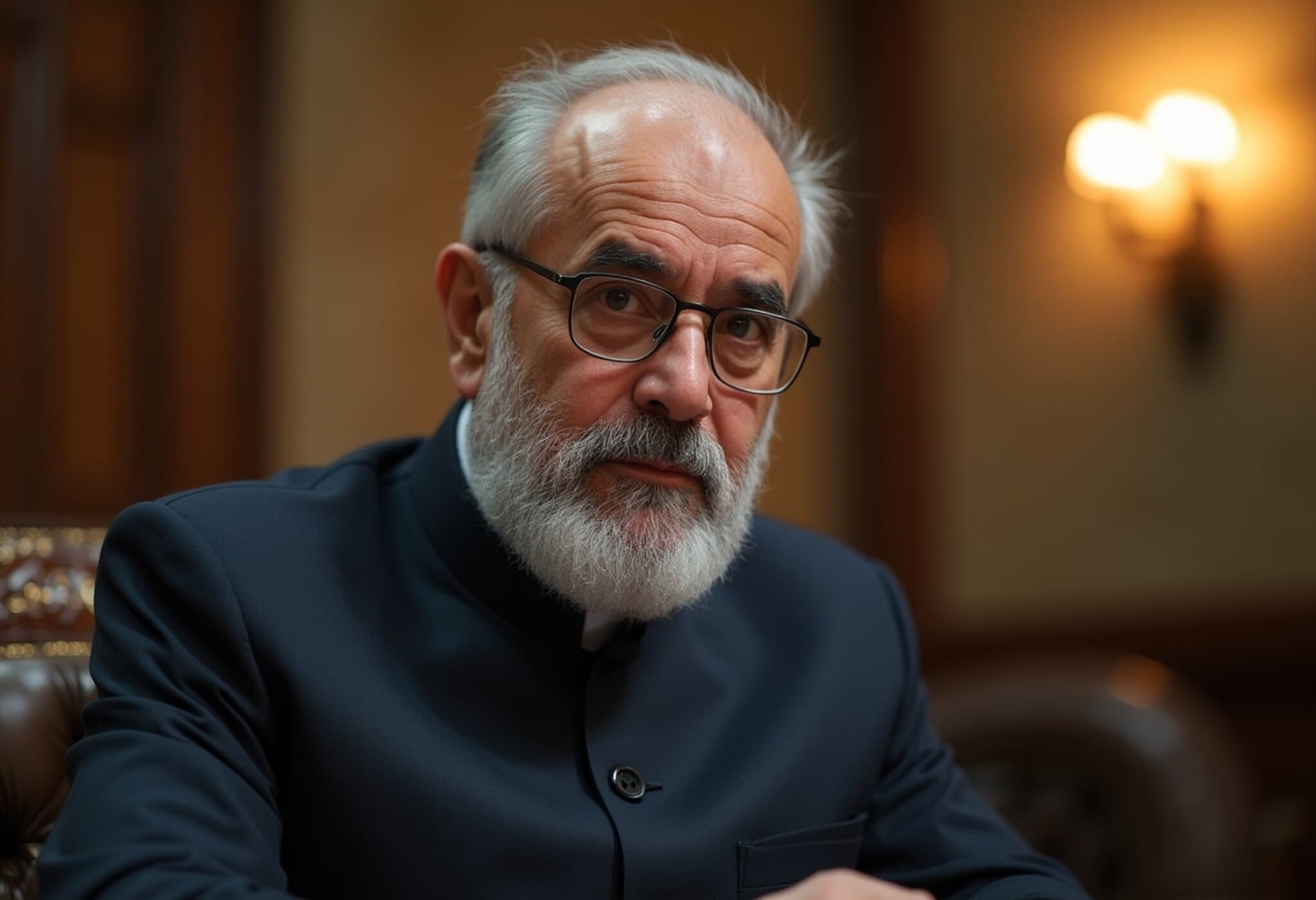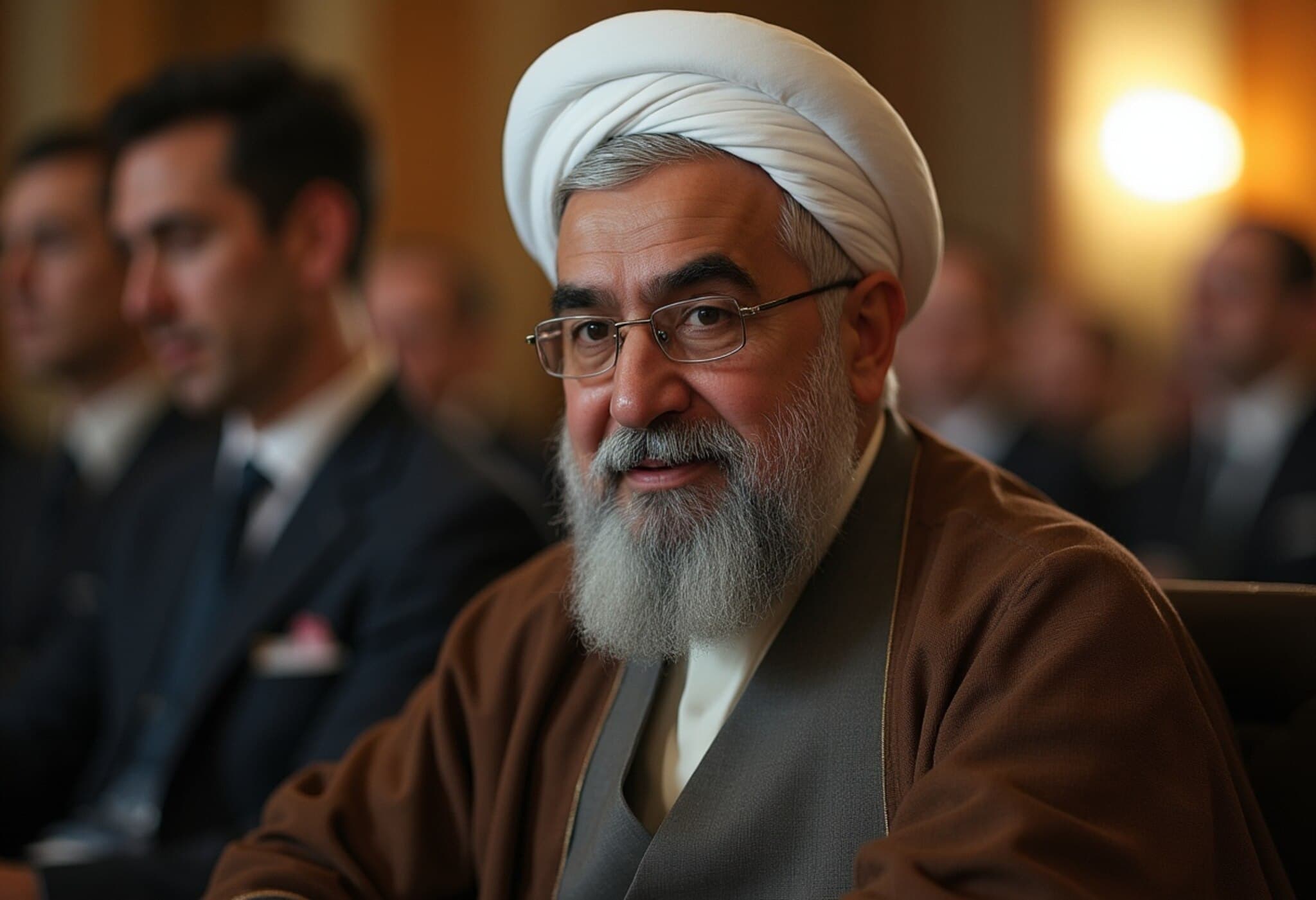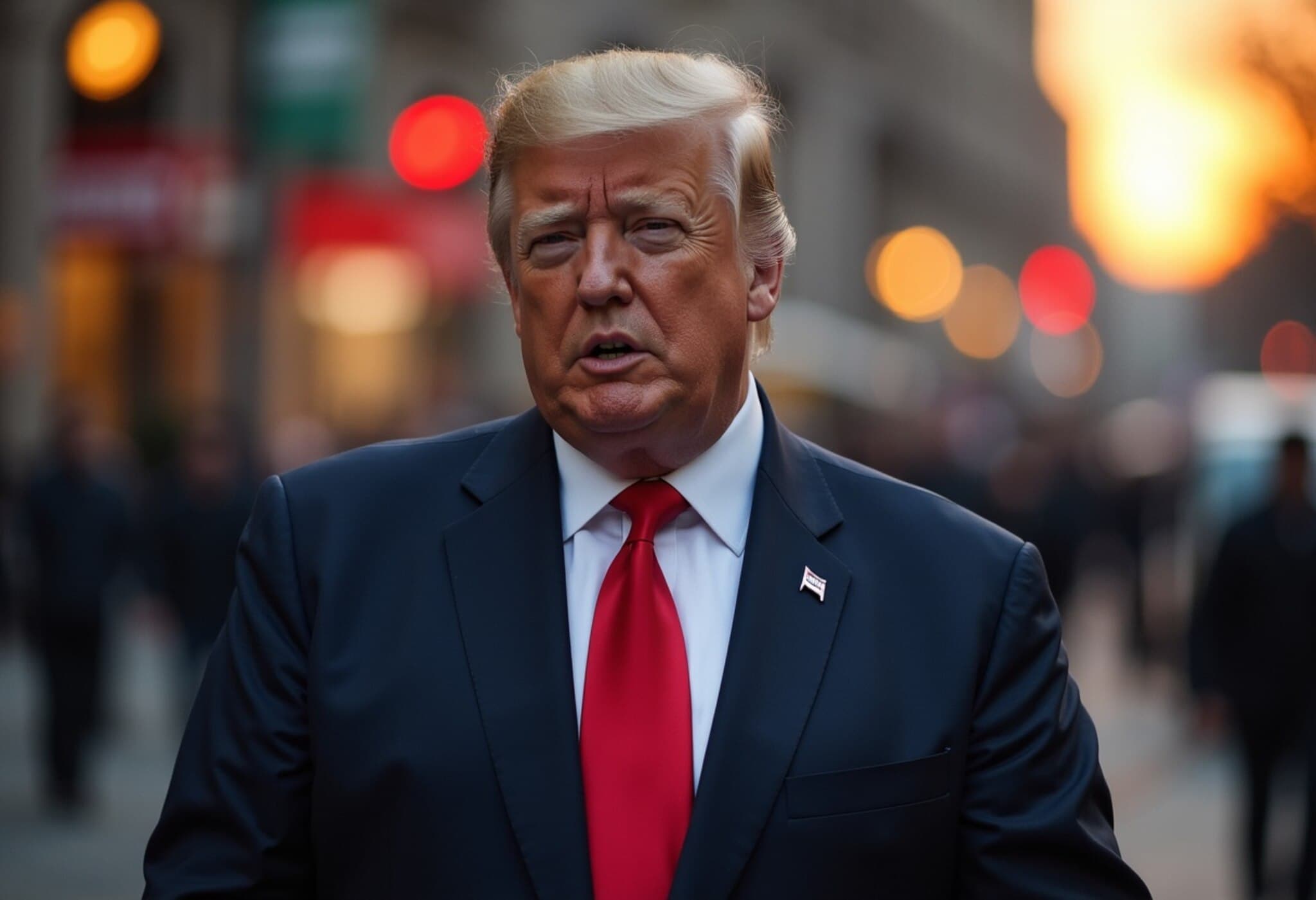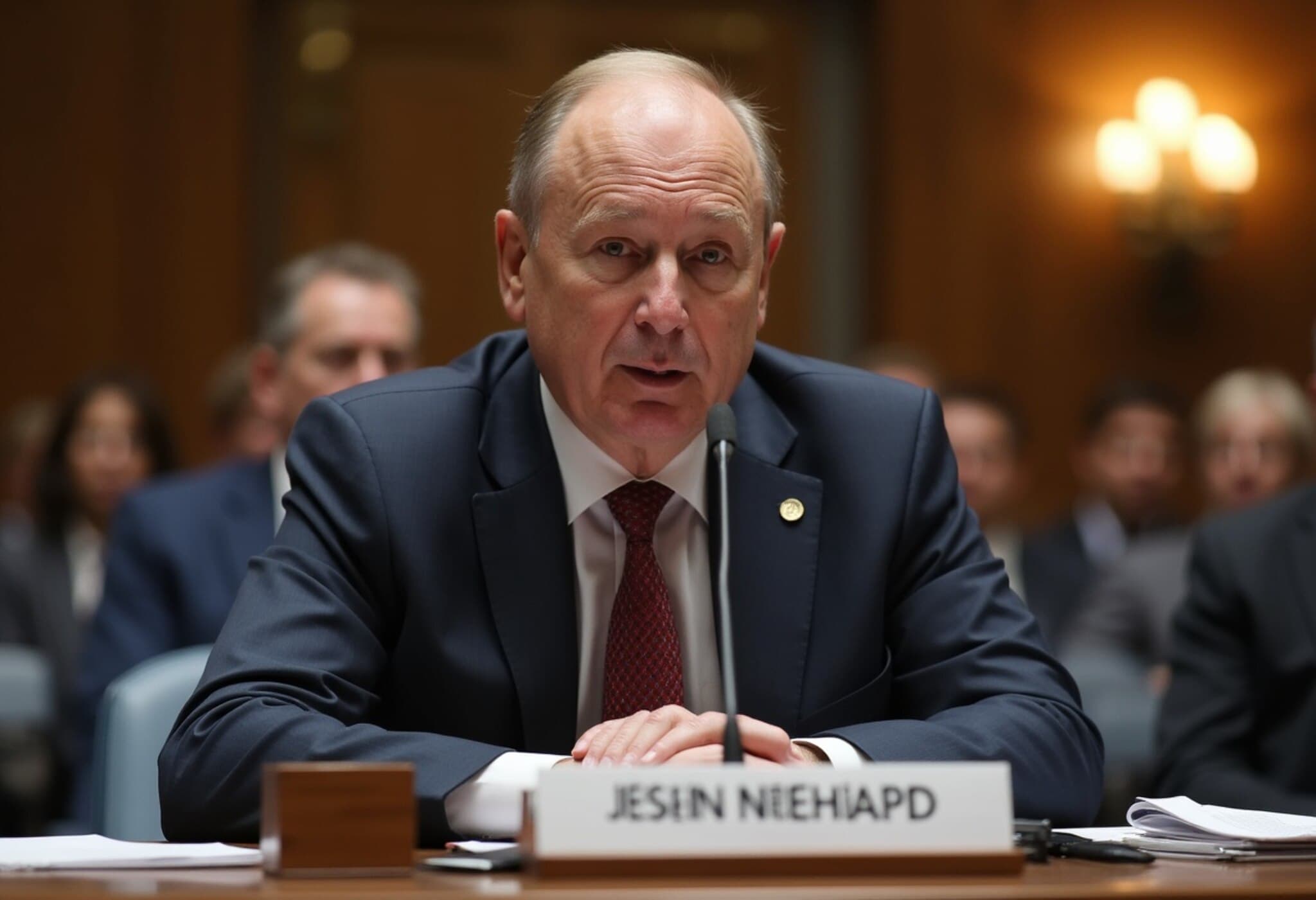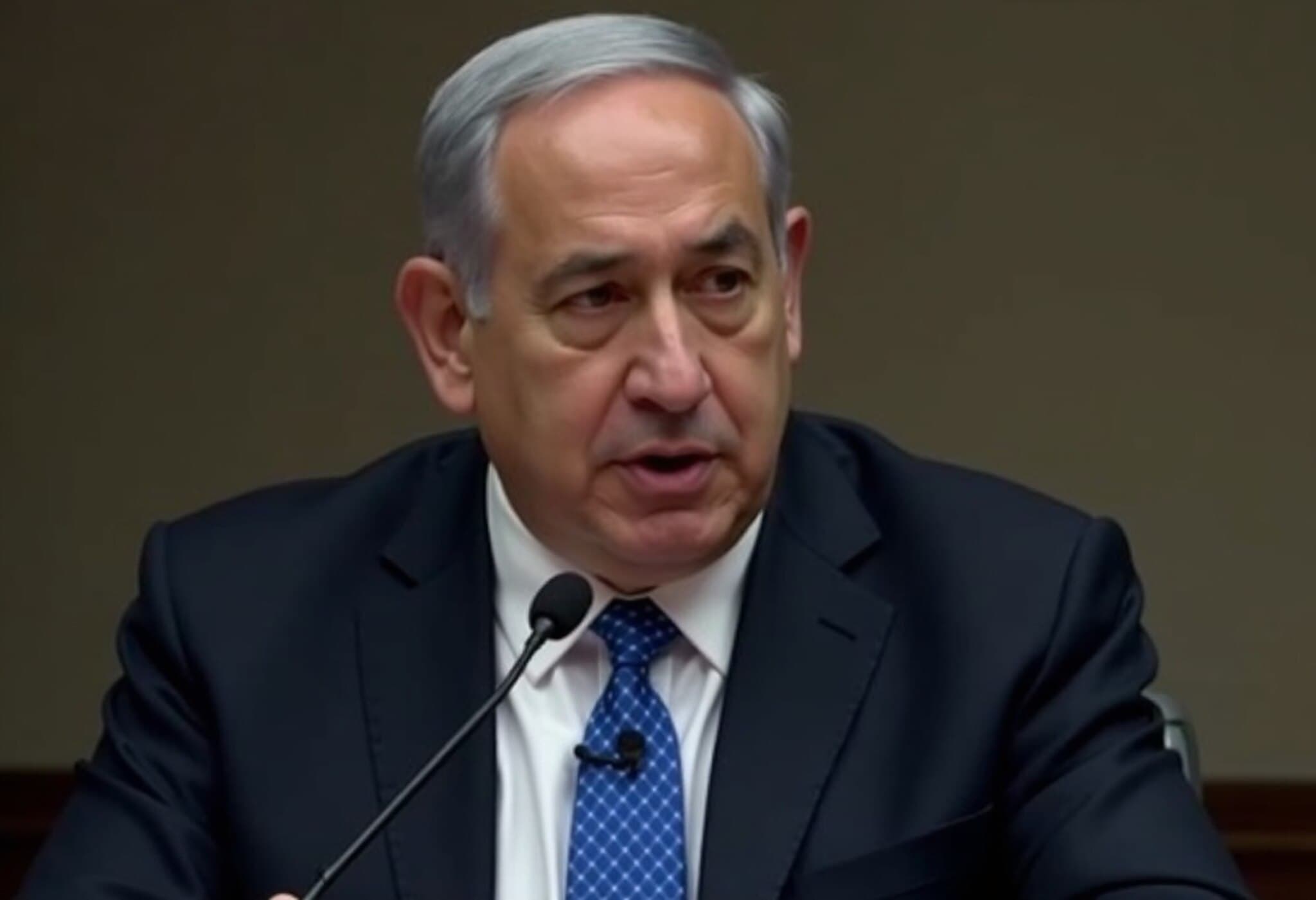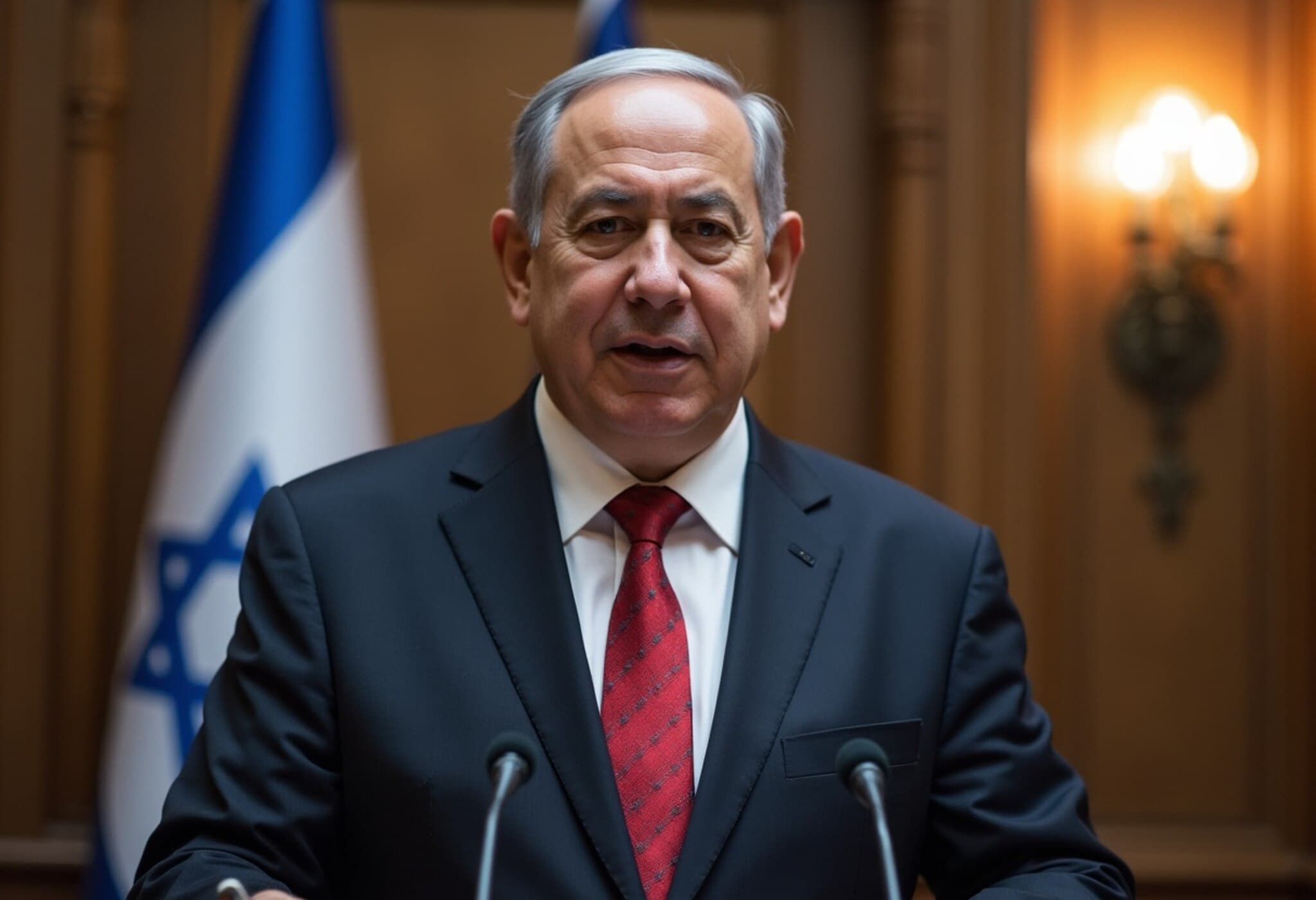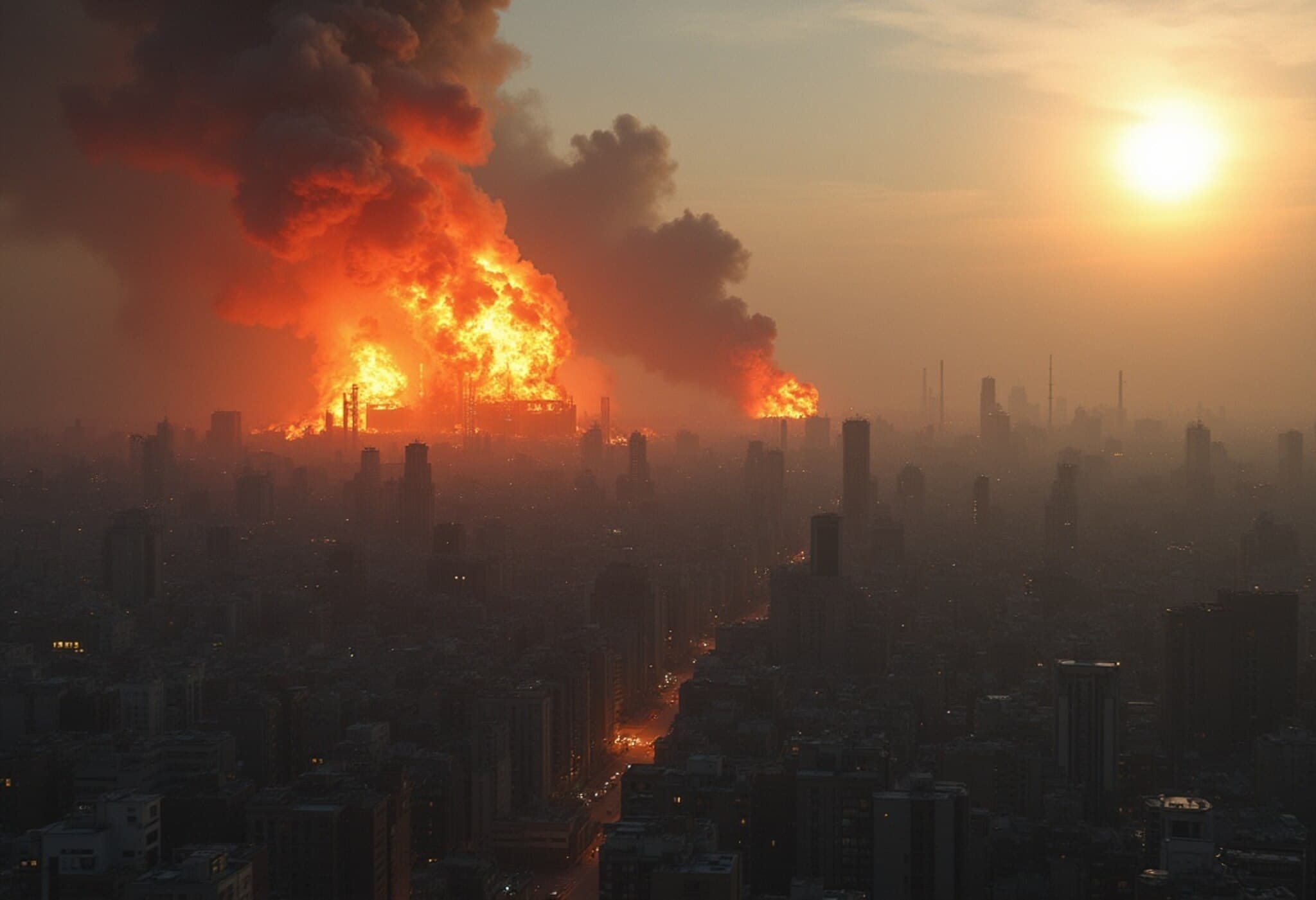Iran’s Pezeshkian Sparks Controversy with Pro-Talks Stance Amid Tensions
Iranian politician Masoud Pezeshkian stirred significant debate after expressing openness to resuming indirect nuclear negotiations with the United States, despite recent violent confrontations between Iran, Israel, and the US. His comments, delivered during an interview with American conservative commentator Tucker Carlson, have ignited a sharp divide among Iranian political factions and the broader public.
Calls for Dialogue Amid Deep Distrust
In the interview aired on June 30, 2025, Pezeshkian stated, “We see no problem in reentering the negotiations,” signaling a pragmatic approach toward diplomacy despite ongoing regional hostilities. However, he simultaneously voiced skepticism, questioning the reliability of the US: “How are we going to trust the United States again?”
This cautious stance reflects Iran’s bitter experience with previous talks, where trust was eroded by covert actions and military interventions. Pezeshkian highlighted Israeli military operations as a major source of Iranian mistrust, rhetorically asking how Iran could negotiate without assurance that Israel—supported by the US—would refrain from attacks mid-talks.
Context: Recent Conflict and Its Fallout
Less than a month prior, on June 13, 2025, Israel launched an unprecedented bombardment against Iranian military sites and nuclear facilities, resulting in the deaths of several high-ranking Iranian military commanders and nuclear scientists. The attacks escalated a long-standing proxy conflict and severely damaged diplomatic channels that had just begun to thaw.
The US, aligned with Israel, intensified the pressure with its own strikes targeting Iranian nuclear installations at Fordo, Isfahan, and Natanz on June 22. This compounded Iran’s grievances and fueled domestic outrage against any notion of rapprochement.
Divided Iranian Public and Political Reactions
Pezeshkian’s remarks were met with a polarized response in Iran’s powerful media landscape:
- Hardline Voices: Kayhan, a staunchly conservative outlet, accused Pezeshkian of naivety and weakness, claiming that prior negotiations were mere smokescreens used by the US and Israel to plan attacks.
- Conservative Critics: The Javan daily described his approach as “too soft” and disconnected from the widespread public sentiment of anger and profound distrust toward the US.
- Reformist Support: Conversely, the Ham Mihan newspaper lauded Pezeshkian’s interview as a welcome step toward transparency and engagement, arguing that Iranian officials have been too absent from direct dialogue with Western audiences.
Regional Implications and the Path Forward
Following the month-long hostilities, both Iran and Israel have declared a ceasefire since June 24, with casualties reported on both sides—over 1,000 fatalities in Iran and dozens in Israel, primarily from missile and drone attacks.
The situation remains precarious. Experts point out that Pezeshkian’s stance, while pragmatic, underscores the complex balancing act Iranian leaders must perform—reconciling public anger and national sovereignty concerns with the strategic benefits of dialogue aimed at averting further escalation and international isolation.
Expert Insight: Navigating Mistrust and Diplomacy
From a broader geopolitical perspective, Pezeshkian’s interview highlights a fundamental challenge facing US-Iran relations: the paradox of negotiating amid deep-seated mistrust and hostile third-party actions. American foreign policy analysts note that indirect talks have periodically yielded gradual constraints on nuclear development, but consistent violations—perceived or real—erode prospects for lasting agreements.
Meanwhile, the influence of regional actors such as Israel complicates negotiations, raising critical questions about the US’s ability to act as an honest broker. This episode invites a reevaluation of diplomatic strategies that adequately address the complex web of alliances and enmities in the Middle East.
Conclusion
Masoud Pezeshkian’s public openness to renewed nuclear talks with the US marks a notable, if controversial, attempt to reopen dialogue amid heightened tensions. Yet his cautious language reflects the profound skepticism prevailing in Iran, rooted in recent painful experiences with military aggression tied to diplomatic processes.
As hardliners and reformists grapple with the future of Iran’s foreign policy, the international community watches closely. How Tehran navigates this tightrope—the balance between mistrust and engagement—will profoundly shape the trajectory of regional stability and the global nonproliferation landscape in the years ahead.
This episode underscores the intricate dynamics of diplomacy where deep-seated mistrust and geopolitical realities collide. It raises vital questions: Can meaningful negotiations take place without addressing underlying security concerns? What role should third-party actors like Israel play in facilitating or complicating dialogue? For readers, these questions are essential to understanding the cyclical nature of conflict and diplomacy in the Middle East.

